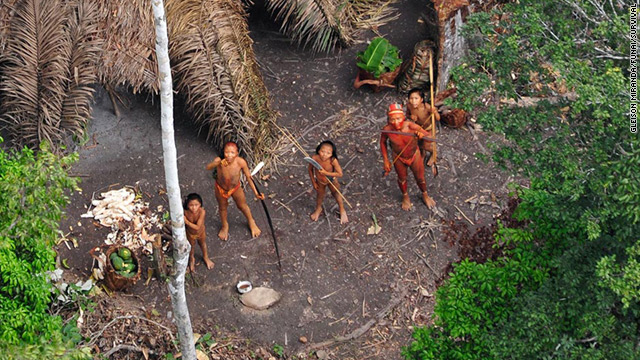By Joseph Juhn
Impunity Watch Reporter, Asia
RANGOON, Myanmar — The Australian owner and editor of the only English-language newspaper published in Myanmar has been detained under Burmese immigration law. This arrest comes amid a business dispute with his Burmese partners over the ownership of newspaper, however.
The editor, Ross Dunkley, founded the newspaper, The Myanmar Times, in 2000, which is the sole publication with rare foreign investors in this repressed regime. It is published weekly in English and Burmese.
His associate, David Armstrong, said Dunkley was arrested on Thursday as he returned from Tokyo when he was accused of violating immigration laws. The grounds for violations are unclear at this point. He is being held in Insein Prison pending a hearing on Feb. 24, Mr. Armstrong said.
Sonny Swe is also the co-founder of the Myanmar Times who is the son of an influential member of the junta’s military intelligence service.
But Sonny Swe was jailed in 2005 and his stake was handed to Tin Tun Oo, who the article said was close to the military regime’s information minister.
Tin Tun Oo was a candidate for the military-backed Union Solidarity and Development Party (USDP) during controversial November polls, but was not elected to the country’s new parliament, which resumed just last month.
Although some political experts have suggested political shift have created a glimmer of hope for a country run by the military for almost half a century, critics see merely cosmetic alterations aimed at hiding the generals’ power behind a civilian facade.
Reporters Without Borders, an NGO, ranked Myanmar 174th out of 178 countries in its 2010 press freedom index, and reported last year that the regime increased censorship ever since the first election that took place last November in 20 years.
Some media rights group quoted in December as saying that the country was a “censors’ paradise”, where journalists and internet bloggers are subject to arrest and intimidation and those sending information to foreign news organizations face long prison terms.
After the election in November, authorities suspended nine weekly news journals that gave significant coverage to the release of democracy icon Aung San Suu Kyi.
For more information, please see:
ABC News – Jailed Australian replaced at Burmese paper – 14 February 2011
IHT – Myanmar Arrests a Newspaper Editor – 12 February 2011
BBC News – Burma: Australian publisher Ross Dunkley arrested – 12 February 2011
MSN Malaysia News – Australian newspaper boss arrested in Myanmar – 12 February 2011


